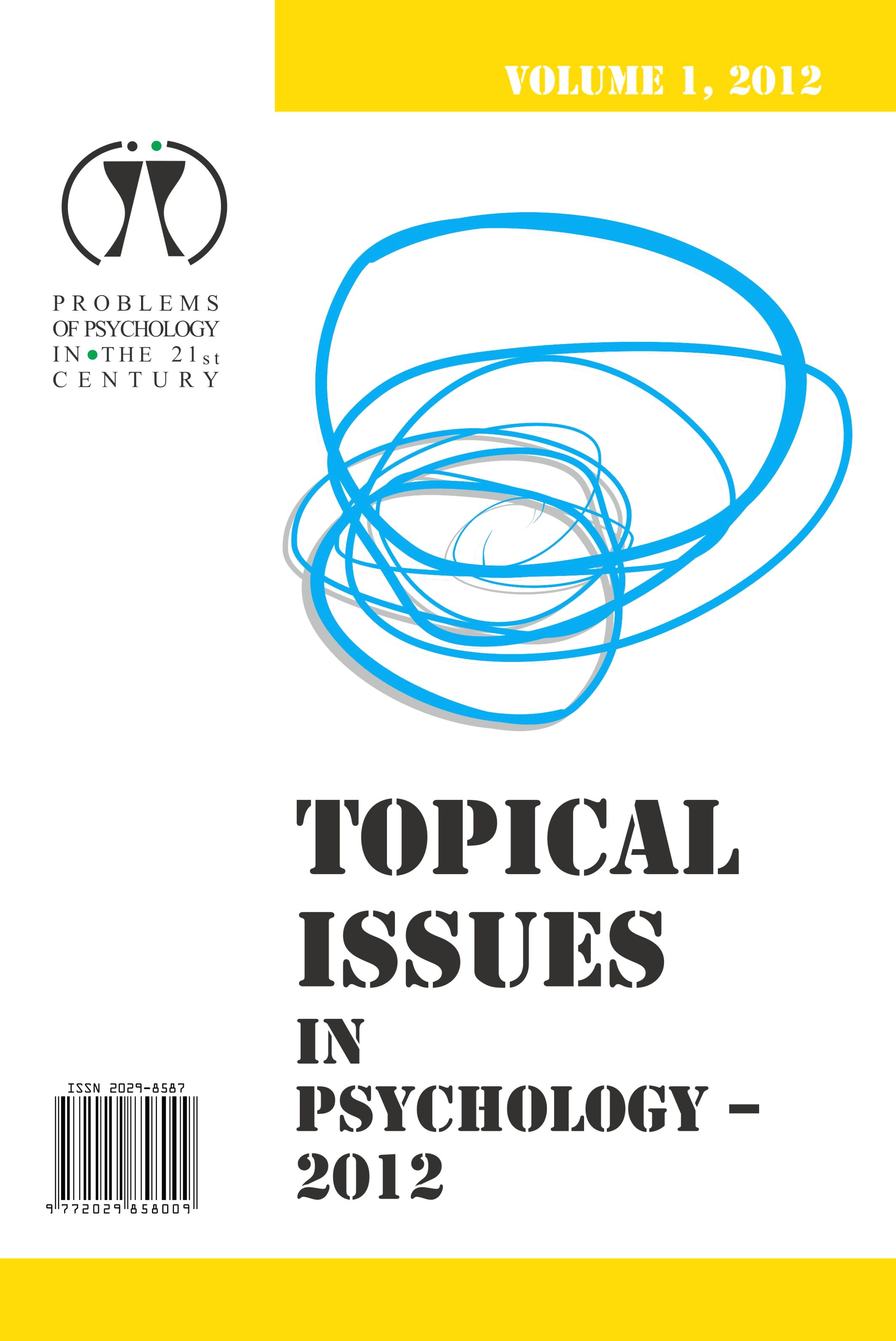ADOLESCENT ADJUSTMENT AND CULTURAL SELF-EFFICACY
ADOLESCENT ADJUSTMENT AND CULTURAL SELF-EFFICACY
Author(s): Nadia Rania, Paola Cardinali, Chiara Cifatte, Laura MiglioriniSubject(s): Psychology, Culture and social structure
Published by: Scientia Socialis, UAB
Keywords: adjustment; adolescents; cultural self-efficacy; immigrants; well-being;
Summary/Abstract: Several studies have investigated the conditions for adolescents’ adjustment in multicultural contexts. Self-esteem is commonly considered as an index of well-being and of the psychological adjustment of adolescents. Literature on self-esteem maintains that a good level of self-esteem depends on the quality of the subject’s intimate relations with family and friends. In a globalized world the personal and relational impact of the management of cross-cultural contacts with the majority and minority groups is becoming increasingly relevant. This study explores the relationship between the constructs of support, self-esteem, well-being and cultural self-efficacy. The research project used a quantitative methodology through the administration of a self-report questionnaire. There were 312 participants, with a mean age of 15 years (20.5% immigrants). The results show that young immigrants have higher levels of cultural self-efficacy than Italian adolescents. However, in Italian adolescents, cultural self-efficacy correlates with family support. Italians who choose not only Italian friends but also foreign friends have higher levels of cultural self-efficacy. Opportunities for deeper investigation of cultural self-efficacy in the social context are discussed.
Journal: Problems of Psychology in the 21st Century
- Issue Year: 1/2012
- Issue No: 1
- Page Range: 59-71
- Page Count: 13
- Language: English

